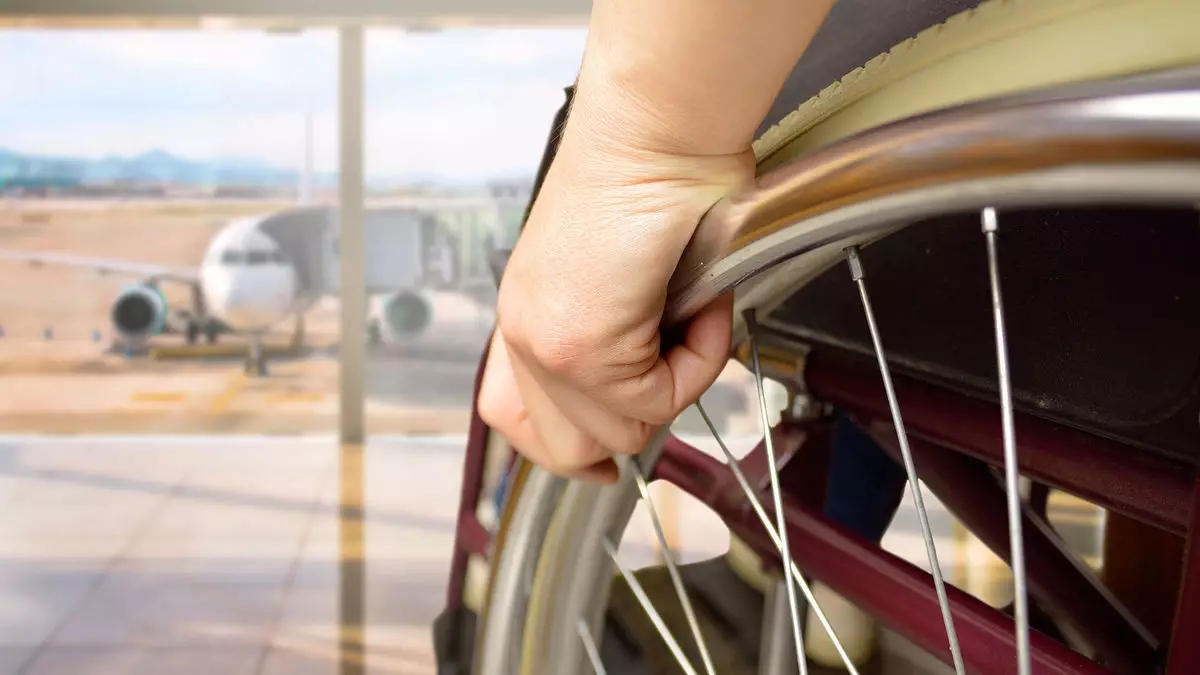The U.S. Department of Transportation (DOT) has imposed a striking $50 million penalty on American Airlines, citing multiple violations of the Air Carrier Access Act (ACAA) over the past four years. The investigation revealed that American failed to provide adequate support necessary for ensuring the safety and dignity of passengers with disabilities. According to the DOT, reports surfaced detailing incidents where wheelchair users experienced unsafe physical assistance, leading not only to physical injuries but also to instances of undignified treatment. Moreover, the airline was found to have unsatisfactorily handled thousands of wheelchairs, either damaging them or failing to return them to their owners in a timely manner.
This enforcement action raises significant questions about the operational practices of major airlines in regard to accessibility. In a sector where millions travel each year, ensuring compliance with federal regulations that protect individuals with disabilities is not merely a legal responsibility—it’s a moral obligation. The DOT’s findings will likely prompt further scrutiny not only of American Airlines but also of the broader industry, potentially igniting a larger conversation about the standards by which airlines operate.
The DOT’s penalty structure outlines that out of the total $50 million, $25 million will be directed to the U.S. Treasury, while the remaining half must be allocated toward significant improvements related to service for passengers who use wheelchairs. This includes funding for equipment that minimizes the risk of wheelchair damage, developing a wheelchair-tagging system to streamline the return process, hiring personnel dedicated to coordinating wheelchair assistance across major airports, and providing compensation to affected passengers. This dual-structured penalty aims to address and rectify the systemic failures that led to the violations.
American Airlines has maintained its position that it did not actually violate any laws, asserting that it is settling this matter to avoid prolonged litigation. Nonetheless, the airline’s readiness to compromise raises skepticism regarding the authenticity of their commitment to improving services for disabled passengers. While American Airlines is projected to invest over $175 million in the coming year towards enhancing services, infrastructure, and training intended to aid travelers with mobility challenges, the question remains—will these efforts effectively translate to substantial improvements in accessibility and service quality?
As this case unfolds, it has the potential to serve as a cautionary tale for other airlines regarding compliance with accessibility regulations. The spotlight on American Airlines may encourage the DOT and disability advocacy groups to further uphold passengers’ rights across the industry. Moreover, this incident could provoke a broader examination of the measures airlines take to ensure compliance with federal regulations designed to protect individuals with disabilities.
While penalties such as this aim to enforce better practices, they also have significant implications for the reputation of the airline involved. Trust and reliability are crucial in the airline industry, and any perception of negligence can have enduring consequences on public perception and customer loyalty.
American Airlines’ current predicament underscores a crucial need for a re-evaluation of practices that affect disabled passengers throughout the airline industry. Moving forward, both airlines and regulators must collaborate more closely to guarantee that all travelers receive the level of care and respect they deserve.

